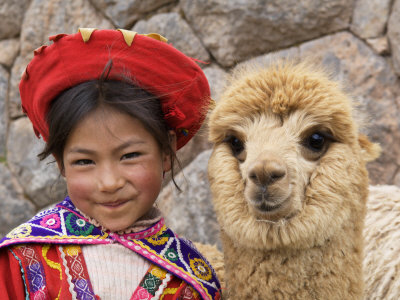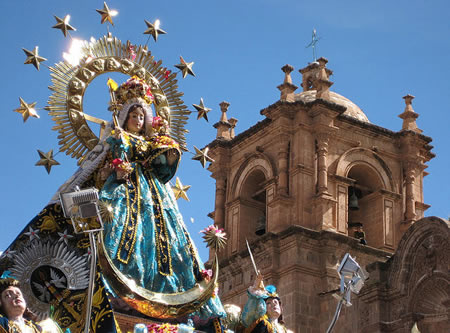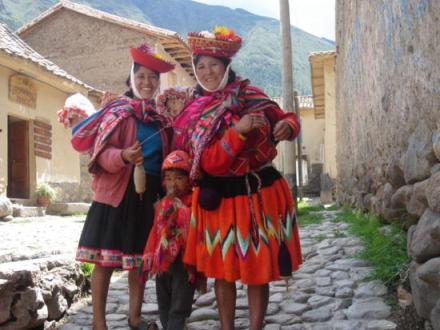A different country, a different life. That is something that you have to always remember when you move abroad. While the world has no doubt been influenced by the US and Western culture, it does not mean that everyone has embraced that way of life. Unfortunately, this has also caused many people to forget that each country and culture has their own customs. When you move to a new country, it is important to learn these customs to not only make daily interaction a bit easier, but also to show your new friends and neighbors that you are here making the effort to immerse yourself into their culture.
Below is a list of certain cultural differences that you will encounter in Peru:
- People in Peru are hospitable, yet strong-willed. The most important thing to everyone is family; which tends to be the focus of social life. On Sunday’s, most people will get together with their extended family for a big, long and leisurely lunch and afterward spend time talking or going out for a walk around the neighborhood.
- Although Peru is a very young country (over half of the population is under 15), the traditional way of life is still strongly adhered to. One example is the continued adherence to traditional stereotypes of men being the bread winner and women staying in the home.
- Peru has three official languages: Spanish, Quechua and Aymara. Additionally, there are over 40 other ethnic languages spoken throughout the country. You can get around speaking Spanish (especially in major cities such as Lima and Cuzco), as people will generally speak both Spanish and one native language. You will find more English speakers in the higher socioeconomic classes and by most people who work in the tourism industry.
- Most Peruvians are Catholic, while the indigenous people have mixed beliefs of Christianity and native religions. Peruvian culture has a strong mix of Spanish colonial practices mixed with the recognition and pride of ancient local cultures and traditions.
- In terms of greetings, people will shake hands upon meeting for the first time. When you get to know each other better, men will often pat each other on the back and women will kiss each other on one cheek. If you are a man meeting a woman for the first time, let the woman initiate the first greeting: She may offer her hand or approach for a cheek kiss. If you do not know someone really well or are first meeting them, you should address them by Señor, Señora or Señorita and their last name. Only close friends and family use first names, unless they ask you to call them by their first name. Professionals are addressed by their titles and last names.
- When communicating, hand gestures are used profusely and the conversation can become very lively and animated, if the person really gets into something. People will stand close to each other and maintain strong eye contact.
- In urban places, people will wear western-style clothing; in the highlands and provinces you will see people (mostly women) still dressing in the traditional garb.
- There is a strong difference between the rural and urban lifestyles in Peru. In the Provinces, people heavily depend on what season it is, and their lives are full of manual labor. You’ll find many herders in areas of high elevation where they cannot farm. All types of festivals, like religious holidays and weddings, are communal celebrations that are shared with entire villages.
- In the cities, lifestyles depend on social classes. People of lower classes often have to work two or three jobs and live on the outskirts of cities. The richer classes have more leisurely lifestyles. No matter what class, though, time will always be made for family.
- Peruvian meetings often will not start on time, and if you arrive for an interview, it is not uncommon to wait upwards of an hour. The rationale is that people in Peru are more concerned with relationships as opposed to strict time schedules.
Whether you are doing business here in Peru or just relaxing and living life, it is important to become familiar with the local customs. This will ensure an easier and faster transition into local life and will help you reduce the amount of frustrations that will definitely pop up as you begin interacting more with your new surroundings.



